With chubby cheeks, twinkling eyes, and mischief in every step, little Krishna fills the lanes of Braj with joy. Though just a toddler in form, He comes to spread divine love and delight the hearts of all through His playful Leelas.
One day, His little friends, the cheerful Sakhas, come running to Yashoda Maiya, breathless and full of complaint:
“Maiya! Your Lala ate mud again today!”
“Maiya! Your Lala ate mud again today!”
Yashoda shakes her head with a tired smile. She’s heard this too many times.
“Why do you boys say this every day? My Krishna, eating mud?”
“Why do you boys say this every day? My Krishna, eating mud?”
She gently pulls Krishna aside and looks at Him with mock seriousness.
“Tell me the truth, did you eat mud?”
“Tell me the truth, did you eat mud?”
When God Forgets He is God: The Divine Amnesia of Love
This moment is not just a playful incident; it reveals something deep and beautiful about divine love. In Krishna’s Leela, a sweet forgetfulness takes place: the Bhakt forgets that Krishna is God, and even Bhagwan forgets that He is God.
If Krishna always remembered, “I’m only acting,” then the devotee’s love would never feel real; it would remain on the surface. But through the loving veil of Yogmaya, even the all-knowing God hides His own divinity. Why? So that pure, innocent love can blossom.
That’s why Krishna doesn’t simply act like a child but, in reality, He becomes Yashoda’s little boy, completely surrendered to her love, just like any other child in a mother’s arms.
Krishna’s Innocent Lie: The Sweet Drama Begins
Believing He can convince mother Yashoda, Krishna says, “नाहं भक्षितवानम्भः (naham bhakshitavan ambhah) I haven’t eaten mud, Maiya.” But Yashoda isn’t fooled. “Oh? So your Sakhas are all lying? Even your Bhaiya Balram says you did!”
Krishna replies, “सर्वे मिथ्याभिसञ्चिन्वन्ति (Sarve mithya abhisanchinvanti)”. All are falsely accusing me, Maiya.”
Yashoda smirks. “Really? And you’re the avatar of King Harishchandra now? Why should I believe only you?”
Krishna doubles down, “If you don’t believe me, open my mouth and check.” He thinks His confident reply will make Maiya believe that little Lala does not eat mud. But mothers are not easily fooled.
Krishna’s Secret Power Enters Braj
As Yashoda raises a stick and tells Him to open His mouth, Krishna trembles. Eyes shut tight, heart racing, He debates, “Should I open it? What if she sees the mud?” Eventually, He reasons, “If I don’t open, it’s proof. If I do, maybe she won’t notice.” He slowly opens His mouth.
But instead of mud, a miracle occurs.
Before appearing in Braj, Krishna had given a firm command to His divine opulence, Aishwarya Shakti, that she must not enter this sacred land of Brajdham. It is to be the land of sweet, intimate devotion, where no one sees Him as God, and He, too, forgets His own divinity. Here, only love rules, not majesty.
Aishwarya Shakti herself had promised to stay away. But how can a true servant remain still when her Master is in distress? The moment she sees Yashoda lifting a stick to scold her beloved Krishna, her heart trembles. Without waiting for permission, she rushes in unseen and uninvited.
And then, as Krishna gently opens His mouth, Yashoda sees not mud, but a vision that makes time stand still.
Inside her little boy’s mouth, she beholds the entire cosmic creation, galaxies spinning, oceans churning, stars blazing, all held within that tiny form.
The same child she had just scolded now reveals the infinite.
The Curtain Falls, and Krishna Leela Flows On
Meanwhile, Krishna stands silently, eyes closed, hands folded, waiting.
“Why hasn’t the stick come down yet?” He wonders.
Curious, He slowly opens one eye and peeks.
What He sees makes Him pause. Yashoda is frozen, her eyes wide with awe, her hand still mid-air. In that moment, Krishna realises what has happened. Aishwarya Shakti has disobeyed.
With a gentle frown in His heart, He scolds her silently,
“You were not meant to come here.”
With a mere flicker of His will, He withdraws the cosmic vision and softly reaches out to touch Yashoda’s face.
She blinks, as if waking from a dream. The universe disappears.
She looks at her little boy again, mud still on His lips, innocence glowing in His eyes.
Overwhelmed, she pulls Him into her arms and holds Him close.
“My child. My Krishna. My Lala.”
This is Vatsalya Bhav, where God is not adored from afar with grandeur, but held near, loved as one’s own child.
How to Truly Love God: Not Ritual, But Inner Connection
People often ask,
“How can I develop love for God?”
The answer is simple yet profound. When you truly feel in your heart, “He is mine.”
Think of a traditional marriage, where sometimes the bride and groom haven’t even met before the wedding. Yet as the vows are exchanged, the bride begins to feel love. Why? Because her heart follows the decision of her mind. Her intellect accepts, “He is mine,” and from that sense of belonging, love naturally blossoms.
If such deep attachment can arise from belief alone in the material world, just imagine the power of remembering this eternal truth:
- God is already with us—within us.
- We belong to Him, and He belongs to us.
This is not imagination; it is our forgotten truth. We don’t need to create a relationship with God; we only need to remember the one that has always been there.
The Five Bhavs to Love God: Discover Your Inner Bhav
To cultivate this remembrance, scriptures describe five bhavas, ways to connect to the Divine:
- Shant Bhav (शांतभाव) is the quiet reverence of a devotee who sees God as the Supreme King, far above, majestic, and worthy of awe. This is a calm, meditative love, filled with respect and admiration, but with emotional distance.
- Dasya Bhav (दास्य भाव) deepens this connection, where you see God as your Master and yourself as His humble servant. Just like Hanuman served Bhagwan Ram with unmatched devotion, here love is expressed through surrender, obedience, and selfless service.
- Sakhya Bhav (सख्य भाव) brings God even closer as your dear friend. You share joys, complaints, laughter, and even secrets with Him, just as Arjun did with Krishna, or as the cowherd boys played with their beloved Gopal in Braj. It is intimate, equal, and full of playful affection.
- Vatsalya Bhav (वात्सल्य भाव) turns the relationship upside down here, you see God not as your master, but as your own helpless child. Like Yashoda and Nand Baba, you care for Him, feed Him, protect Him, and scold Him when needed. In this bhav, love overflows with sweetness and tenderness.
- And the most intimate of all is Madhurya Bhav (माधुर्य भाव), where God is your beloved. Just as the Gopis loved Krishna with every breath, this bhav is the highest form of divine romance, filled with longing and surrender.
Among these, the Braj bhavs Sakhya, Vatsalya, and Madhurya are the most intimate. In them, the Almighty doesn’t remain a distant deity; He becomes our own.
As Naradji beautifully declares:
श्रुतिम् अपरे स्मृतिम् इतरे भारतम् अन्ये भजन्तु भवभीताः।
अहमिह नन्दं वन्दे यस्य आलिन्दे परं ब्रह्म॥
Shrutim apare smritim itare bhāratam anye bhajantu bhavabhītāḥ,
ahamiha nandaṁ vande yasya ālinde paraṁ brahma.
Meaning: "Let others, out of fear of worldly existence, worship the Shruti (Vedas), others the Smriti scriptures, and still others the Mahabharata. But as for me, I worship Nand Baba, in whose courtyard the Supreme Brahman crawls."
God is known as Bhakta-vatsal, the one who is deeply affectionate toward His devotees. He showers them with grace, protects them, and responds to their love with compassion. But as Jagadguru Shree Kripaluji Maharaj reveals, He is even more than that. He is Bhakta-vashya, one who becomes submissive, even enslaved, by the love of His devotees.
And so, the all-powerful Supreme Brahman appears in Braj as a playful child eating mud, stealing butter, and fearing His mother. Not out of helplessness, but because He chooses to forget His own divinity, just to taste the sweetness of pure, selfless love.
Closing Reflection: Will You Make Your Heart His Braj?
In a world driven by control, power, and fear, Krishna’s Leela offers a radically different truth:
- God does not seek fear. He seeks love.
- He doesn’t ask for lifeless rituals. He yearns for a living relationship.
- He isn’t sitting far away in the skies. He resides quietly within our hearts.
The moment we stop seeing God as someone distant, and start feeling, “He is mine, and I am His,” something shifts.
Love doesn’t arise from effort; it awakens through remembrance. The same Supreme Lord who holds the cosmos in His mouth longs to be held in our arms like a child.
Will we let our hearts become His Braj?

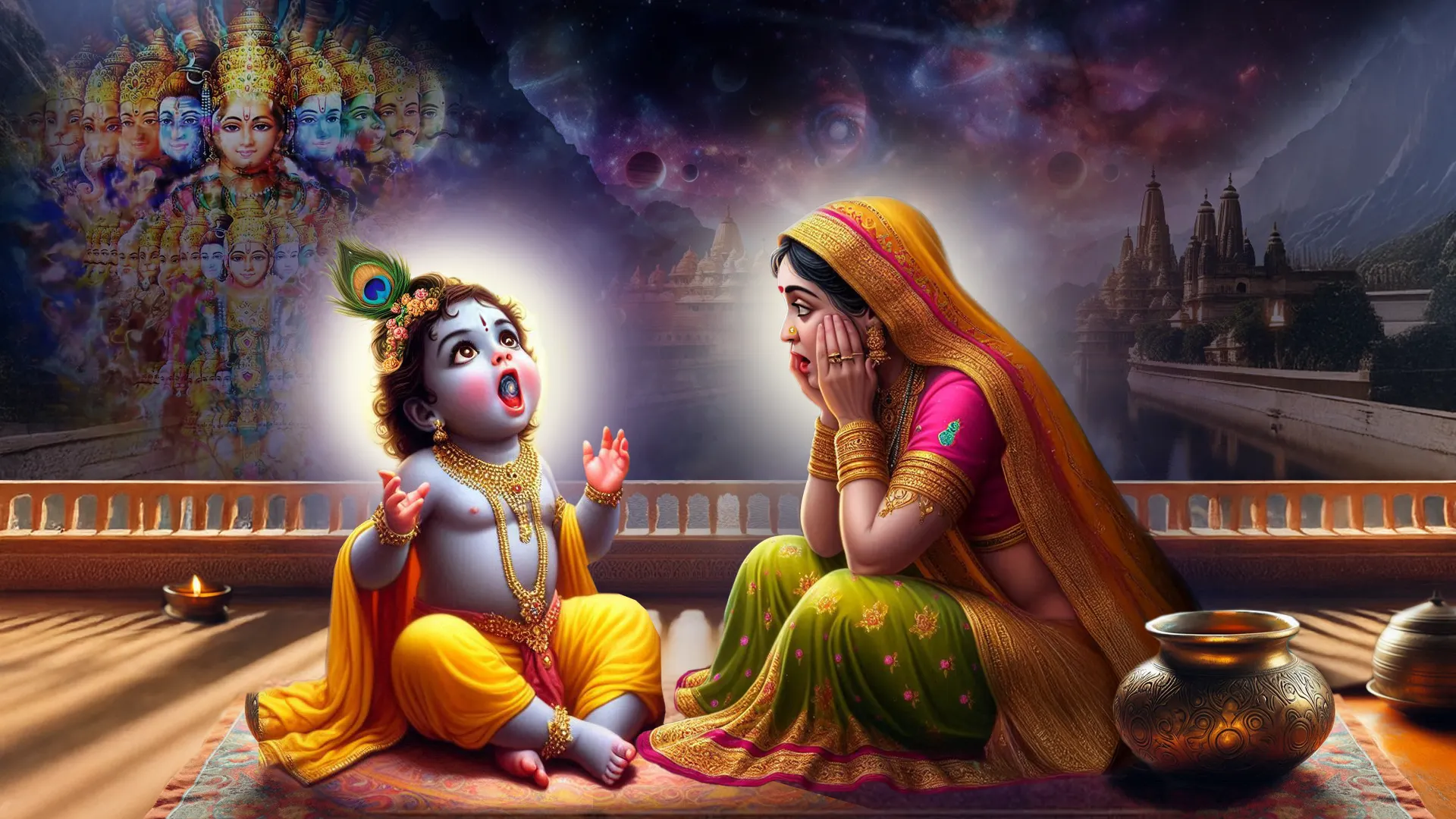

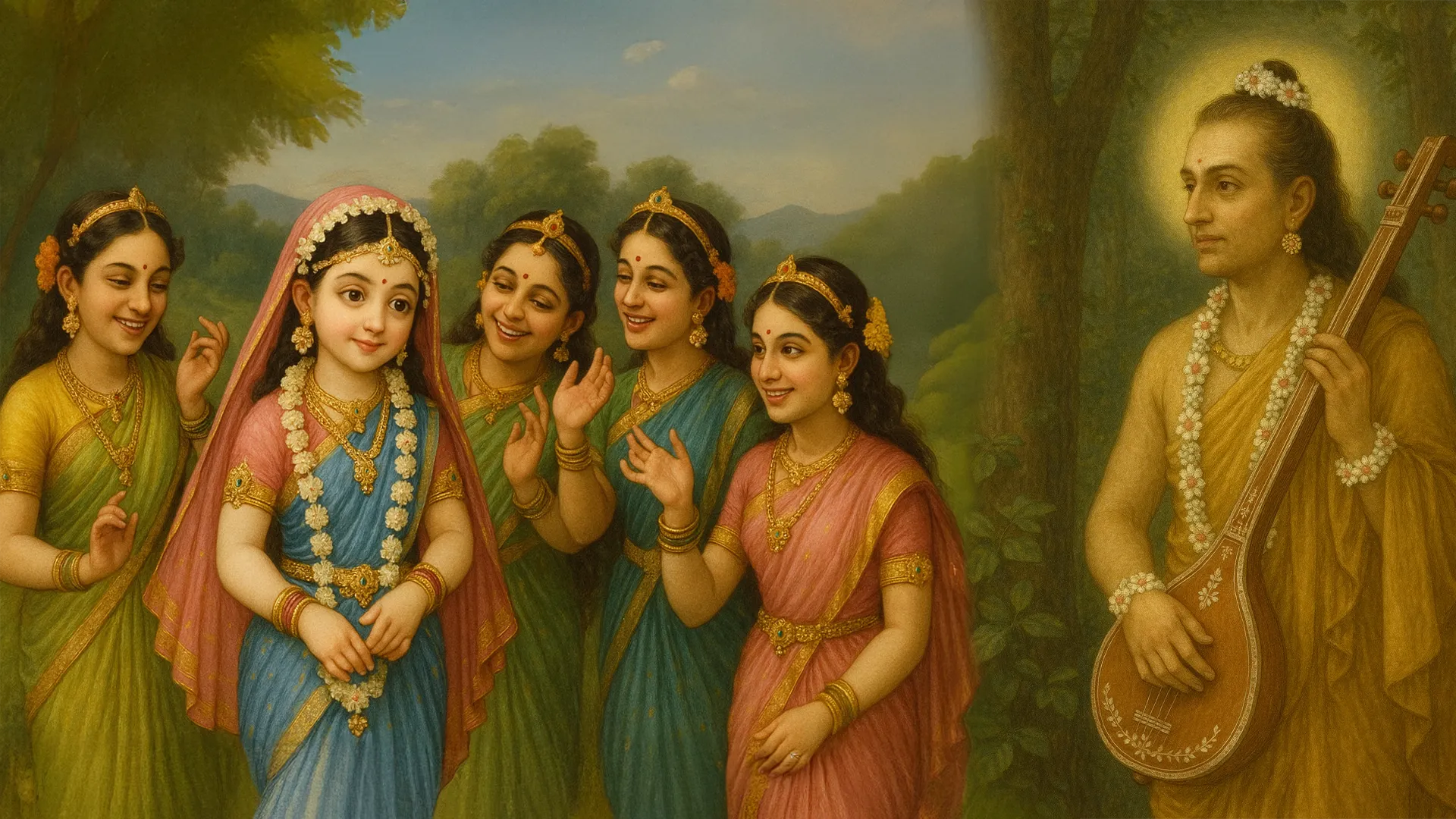
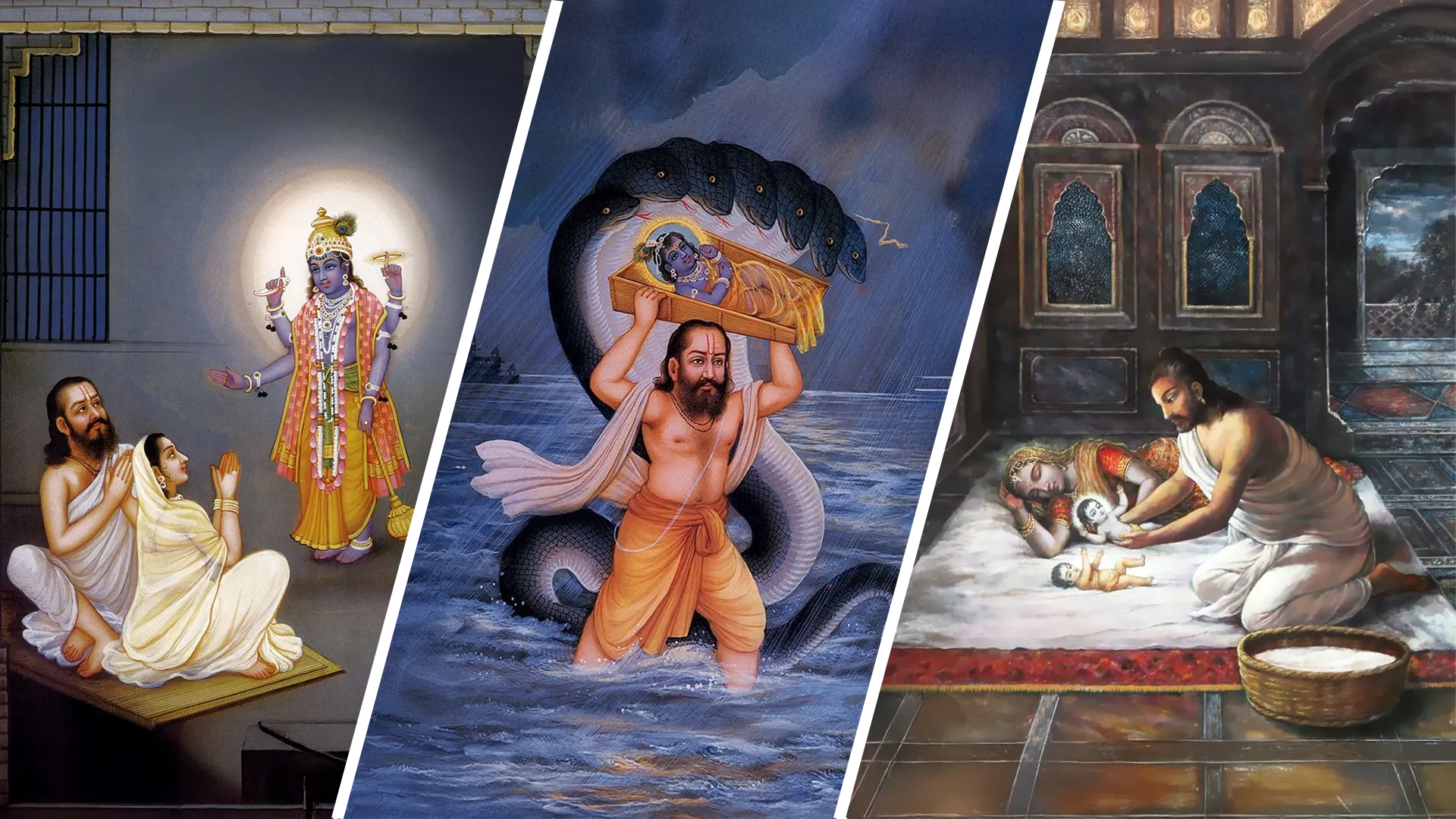
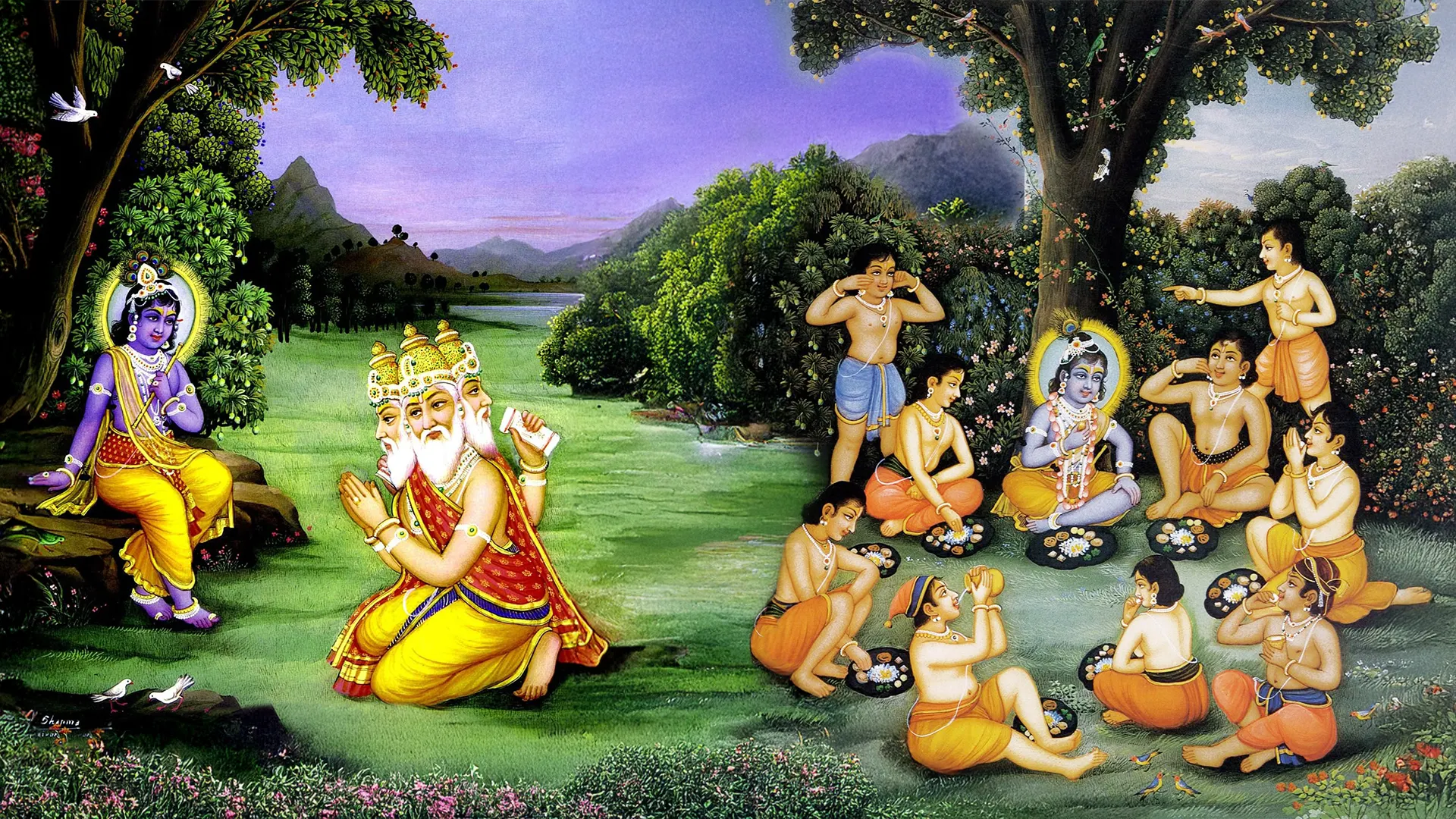
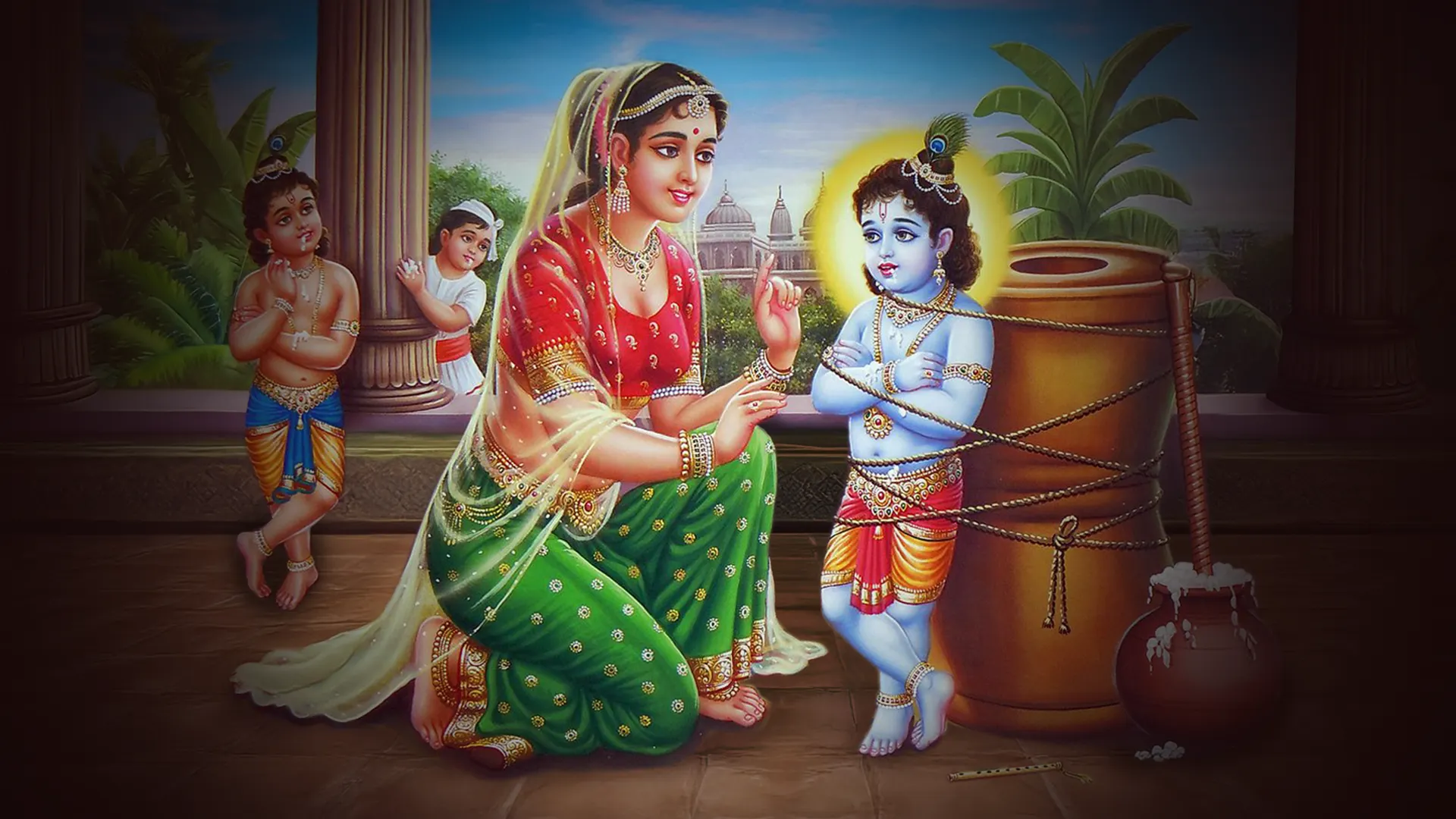
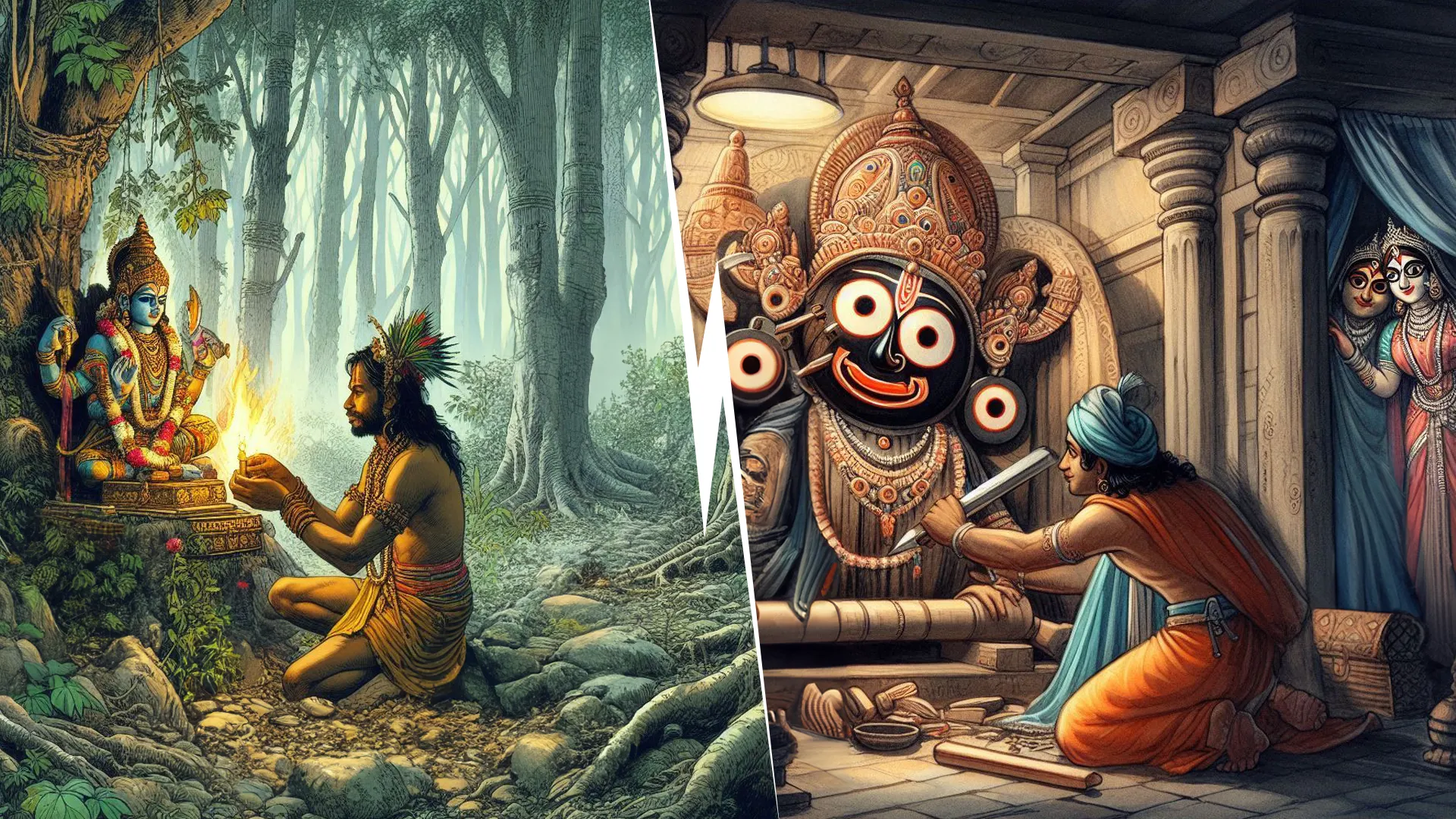
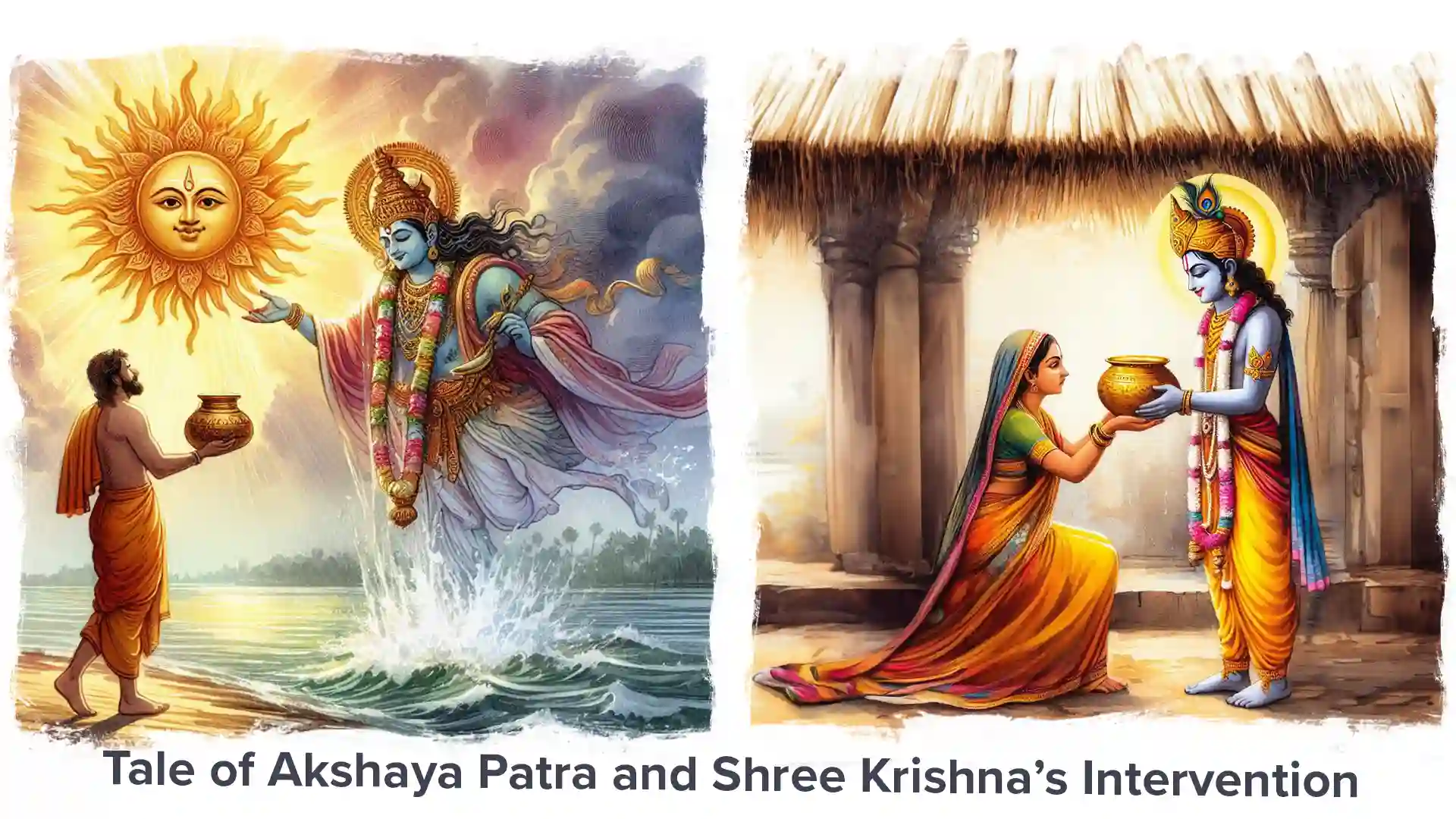
What our Participants say